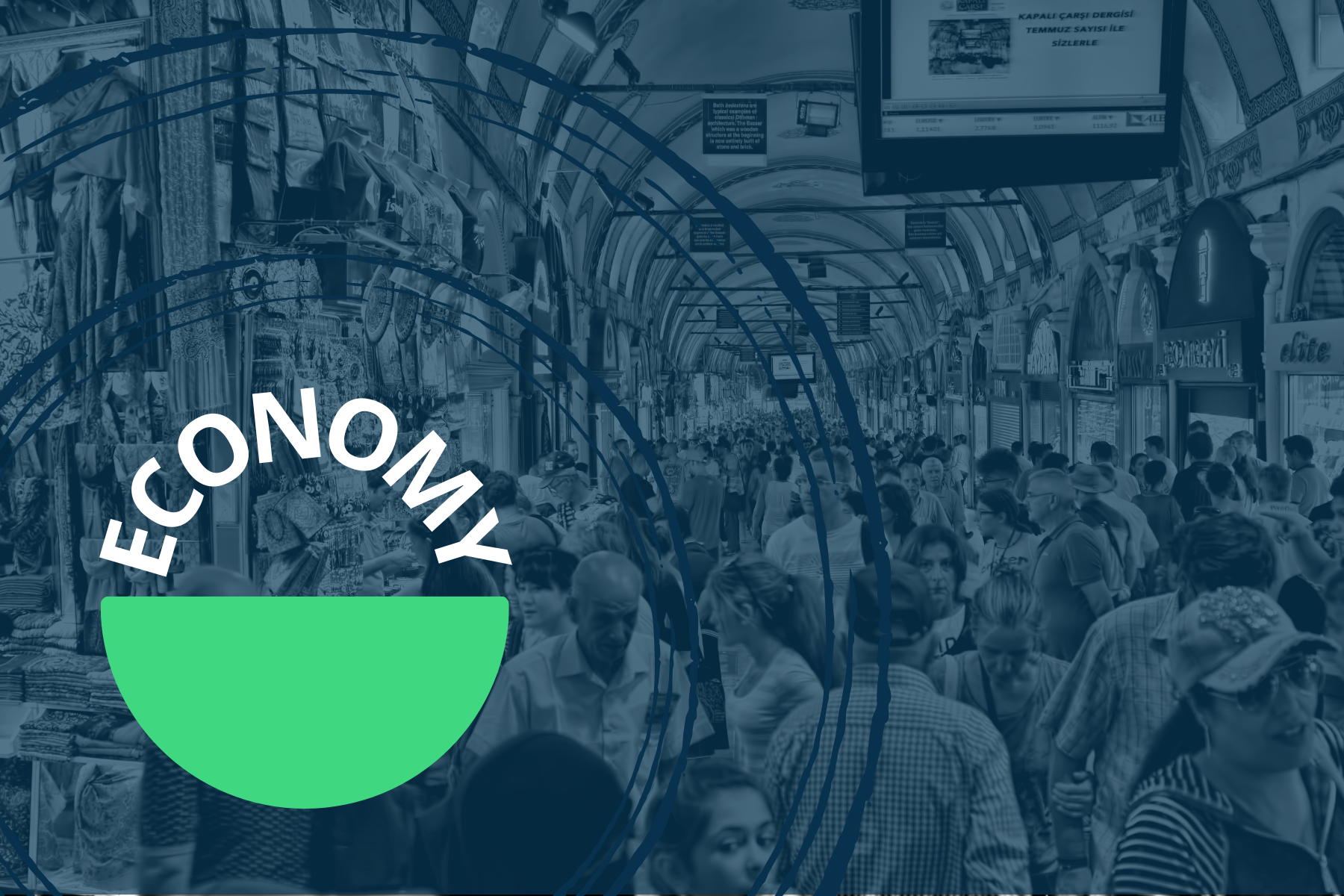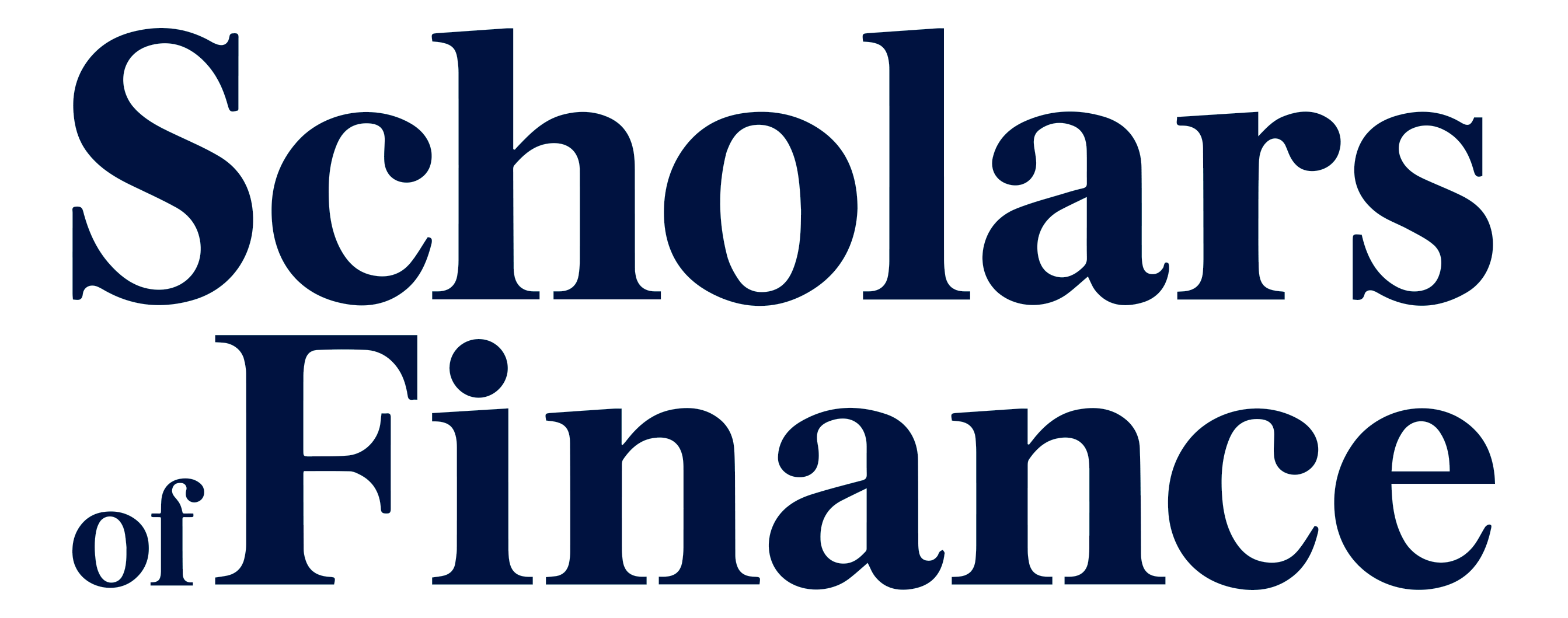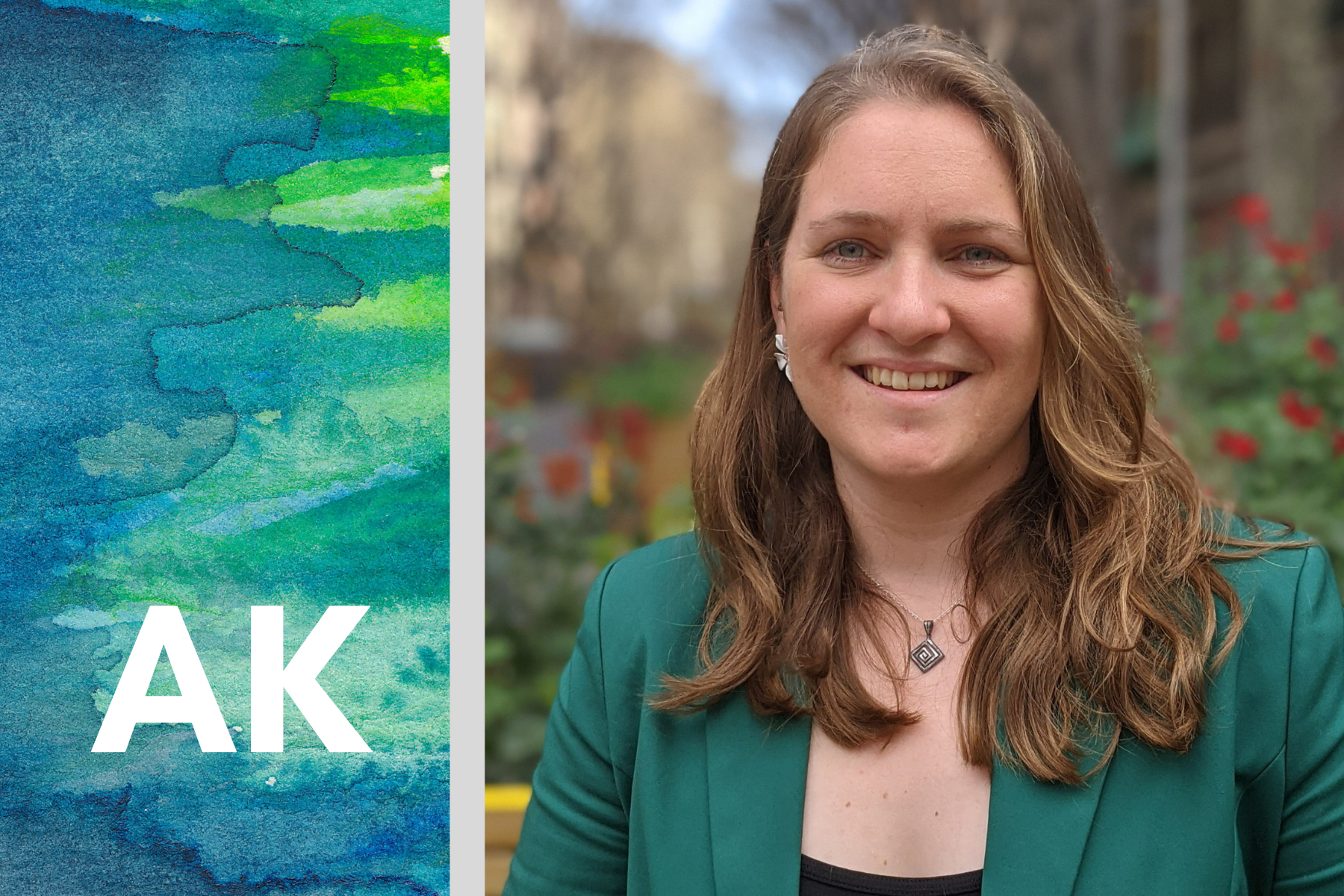
February 14, 2023 – Newsletter – Circular Economy
In this edition of Purposeful Finance:
- Topic Breakdown: State of Energy Transition – Net Zero
- World: Tour De Headlines
- Market Updates: Deal Flow
- Internships in Impact
- Professional Spotlight
Topic Breakdown: State of Energy Transition – Circular Economy
What is the Circular Economy?
- By definition from the United States EPA, a circular economy is one that keeps materials, products, and services in circulation for as long as possible.
- It is a change to the more traditional model that follows resource mining, production, then waste. Instead, it tries to recapture waste to create new products and minimizes materials and resources to make production more resource efficient.
What industries and technologies are we focused on?
- The most prevalent sectors include built environment, electronics and ICT (information and communications technology), textiles, organic and biodegradable waste, packaging and plastic, and energy among others.
- Some numbers to back this up from Circular Cities Declaration managed by ICLEI Europe have it that construction and demolition activities are responsible for 30% of all waste generated in Europe. Europe also has the capacity to collect and reuse 90 million tonnes of biowaste, a 300% increase from the current 30 million tonnes.
Still a bit vague…how about some specific examples?
- Enerkem is a Canadian energy technology company that extracts carbon from trash that can’t be recycled. Through a complicated process, the company is able to mostly turn that carbon into gas which can be used to make biofuels. One of the company’s city projects, Edmonton, now reuses an astonishing 90% of its waste.
- Leigh Technologies turns old tyres and other rubber parts into micronized rubber powder, able to be reproduced into plastics, asphalt, and construction material, winning Leigh Technologies the Award for Circular Economy SME.
- Winnow Solutions is a British startup that uses AI and smart meter technology to reduce waste in commercial kitchens. The company has claimed to be able to eliminate $25 million of food waste every year, and has earned the Circular Economy Tech Disruptor award.
How important is it really?
- The most obvious outcome is environmental production. Circular economies reduce emissions, minimize consumption of limited natural resources, and generate less waste.
- What is often missed is that underserved communities are disproportionately impacted by the negative environmental and health impacts caused by non-circular economies. Landfills and manufacturing facilities are in close proximity to low-income communities, and circular economies can help create safer jobs, and healthier communities.
- According to the CGR (Circularity Gap Report), only 8.6% of our world economy is circular, an actual decrease from the 9.1% measured two years earlier in 2020.
More about the CGR, the best circular resource?
- CGRi, or Circularity Gap Report Initiative, was founded and published their first Circularity Gap Report in 2018 during the World Forum in Davos.
- The initiative uses input from cross-sector shareholders from academia, businesses, NGOs and governments to evaluate and endorse the authoritative annual report.
- The report not only identifies issues within uncircular global economics, but also provides solutions including a set of 21 circular strategies for the global economy. CGRi also publishes separate country reports, having touched on Norway, Netherlands, Austria, Scotland, Ireland, and Canada, providing these countries methods to slash emissions and improve their circularity rate.
How does it operate?
- You can read their full methodology report here. To summarize, the circularity index is measured primarily the net trade balance of cycled materials, recycled waste, and raw material consumption. These are individually broken down into national supply, national use, and auxiliary accounts.
- The core data of supply and use of waste from packaging, machinery, crop residue, emissions, and other related data come from the EXIOBASE3 dataset, a dataset containing 43 nations, 164 industries, 39 resources and 66 emissions categories.
- The scientific methodology itself is made in collaboration with many academic and research institutions such as the World Resource Institute (WRI), The Netherlands Organisation for Applied Scientific Research (TNO), Institute of Environmental Sciences at the University of Leiden (CML), Doughnut Economics Action Lab (DEAL), among many others.
World: Tour De Headlines
- WEF launches initiative to unlock $3 trillion for climate and nature; UNEP & S&P launch nature risk profile methodology; Fidelity pledges $250 million to support minority students; UN Chief urges “credible” net zero pledges or risk greenwashing; King Charles redirects £1 billion wind farm profits towards “public good”; NASA to invest $425 million to Boeing; Schnitzer Steel named most sustainable company in by Corporate Knights; NextEnergy Capital launches $1.5 billion solar fund; Danone announces plan to reduce emissions; Benjamin Huang appointed Head of Sustainability at Fonda Global; Aussie climate fintech Bloom raises $525,000; and €240 million financing secured by Power Capital Renewable Energy. (ESGNews)
- Eni Doubles Sustainability-Linked Bond Offering to €2 Billion. Eni S.p.A. announces that the gross annual nominal interest rate of its first sustainability-linked bond dedicated to public in Italy has been set at 4.30%. The offer of the Bond, which was initially expected to end on 3 February, was closed in advance on 20 January thanks to the high demand received from Italian investors. (ESGNews)
- responsAbility Announces First Closings of Two Sustainable Food Strategies Totaling $274 Million. responsAbility Investments AG is pleased to announce the closings of its second private equity growth strategy in Asia and its first mezzanine financing strategy in Latin America. These strategies leverage on the already extensive experience of responsAbility deploying capital to target regional opportunities in globally transforming Agriculture and Food value chains. (ESGNews)
United States of America
- Biden-Harris Administration Announces $490 Million to Address the Wildfire Crisis. Agriculture Secretary Tom Vilsack announced expanded efforts to reduce wildfire risk across the western U.S. These investments, made possible through President Biden’s landmark Bipartisan Infrastructure Law (BIL) and the Inflation Reduction Act (IRA), will directly protect at-risk communities and critical infrastructure across 11 additional landscapes in Arizona, California, Idaho, Nevada, Oregon, Utah and Washington. (ESGNews)
- 2023 marks the first time the United States has started a new calendar year with actionable climate policy on the books. The passage of the Inflation Reduction Act (IRA) in August 2022 – in conjunction with The CHIPS and Science Act – fundamentally changed the game, ensuring a minimum investment of $370 billion into climate-related programs and projects. (WhiteHouse)
- According to U.S. Treasury Secretary Janet Yellen, the U.S. expected to see swifter progress with the World Bank’s evolution road map on reforming its lending capacity to address climate change. (Reuters)
Europe
- King Charles Redirects £1 Billion Offshore Wind Farm Profits Towards “Public Good.” King Charles has asked for profits from a £1bn-a-year crown estate windfarm deal to be used for the “wider public good” rather than as extra funding for the monarchy. Under the taxpayer-funded sovereign grant, which is now £86.3m a year, the king receives 25% of the crown estate’s annual surplus, which includes an extra 10% for the refurbishment of Buckingham Palace. (ESGNews)
- EIB Confirms €900 Million to Greece for Social Cohesion, Sustainable Urban Regeneration and Just Transition Toward Climate Neutrality. The European Investment Bank (EIB) and the Greek authorities have announced €900 million in new financing agreements that will support priority investments in high-impact, large scale projects across the country, focused on the green and digital transition. The two key agreements will help build a more competitive, innovative, and export-oriented growth model for Greece, and promote urban regeneration in local municipalities. (ESGNews)
Asia
- India Identifies $4.92 Billion in Projects To Be Funded by Green Bond Sales. The Indian government expects to issue its first green bonds at a ‘greenium,’ with yields below prevailing market rates, and has identified 400 billion rupees ($4.92 billion) in projects that can be funded with the proceeds, said two government sources. (ESGNews)
Market Updates: Deal Flow
M&A/Investments
- State-owned QatarEnergy in talks to acquire a 30% stake in TotalEnergies‘ $27B Iraqi energy projects (RT)
Funds Raised
- NextEnergy Capital, based out of London, launched a $1.5B fund to invest in 3.5GW of installed capacity additions. (PVT)
- Vision Ridge Partners, a sustainable real assets investor, raised $700M for its SAF Annex Fund (BW)
- ArcLight, a middle-market sustainable infrastructure investor, closed a $407M continuation fund (PRN)
- VC firm Dimension raised $350M for their oversubscribed first fund to invest in firms at the intersection of life and computer sciences (FRB)
- Sony Ventures Corporation, the Tokyo-based venture capital arm of Sony, raised 26.5 billion yen ($206.2 million) for a fund focused on all stages of emerging technology companies and environmentally-focused startups.
- Florida-based Govo Venture Partners debuted a new $50M VC fund to invest in government and regulatory-focused startups (BJ)
Sustainability
- South Korean solar manufacturer Qcell announced a $2.5 billion investment in Georgia to spur forward domestically produced solar equipment, thanks to tax credits introduced by the Inflation Reduction Act. President Biden called it the “largest-ever” U.S. solar investment. (GreenBiz)
- ONE MOTO, a London, UK-based provider of last-mile delivery EVs, raised $150m in Growth funding. (CTVC)
- Boston Metal, based out of Boston after spinning out of MIT, raised $120M in funding to decarbonize steel production and make steel without coal. Steel giant ArcelorMittal led. (CNBC)
- Mill, a San Bruno, CA-based startup developing a novel food waste kitchen bin, raised $100m in funding from Breakthrough Energy Ventures, Prelude Ventures, Energy Impact Partners, John Doerr, GV, and Lowercarbon Capital. (CTVC)
- Outrider, a Golden, CO-based maker of autonomous electric yard trucks, raised $73m in Series C funding from Fraser McCombs Capital, ROBO Global, Presidio Ventures, NVentures, Abu Dhabi Growth Fund, B37 Ventures, Lineage Logistics, Koch Disruptive Technologies, and New Enterprise Associates. (CTVC)
- Summit Nanotech, based out of Calgary, Canada, raised $50M in Series A2 funding for its lithium extraction technology. Evok Innovations and BDC Capital co-led. (PRN)
Healthcare VC
- Pearl Health, a startup focused on physician enablement and risk bearing in value-based care, raised a $75M Series B ($55M in equity / $20M line of credit) led by a16z’s growth fund and Viking Global Investors (PRN)
- Grey Wolf Therapeutics, a biotech company focused on generating anti-tumour immune responses, raised a $49M Series B led by Pfizer Ventures and Earlybird Venture Capital (PRN)
Affordable Housing
- Online real estate business CoStar Group is in talks to acquire real estate media site Move Inc. from News Corp for ~$3B (BBG)
- Gropyus, based out of Vienna, Austria, raised ~$109M in Series B funding for its prefabricated home development business. Vonovia, a German real estate company, led. (TechEU)
Catalytic Capital
The U.N. has called for $4.3 billion in funding for immediate aid for Yemen, where 21.6 million people require humanitarian assistance in 2023. (AP News)
Internships in Impact
Investment Banking
Interested in Sustainability and Renewable Energy? Have you ever heard of Clean Energy and Renewables Investment Banking?
The Purposeful Finance team has collated different industry groups within Investment Banking where you can make a positive impact in your work. Click here to get the full list of resources! (We will be adding more soon and will release an article on this soon, do share it with friends that are recruiting!)
Join Our Network!
Here’s the quick spiel: We are currently reaching out to smaller impact funds that offer internship opportunities for freshmen/sophomores. While many firms are interested, we also need to show firms that there is interest from genuinely purpose-driven students that will apply.
If you are a freshman/sophomore and you like the positions you see below, fill out this form to get direct access to passionate impact investors and companies: https://forms.gle/TEexYGphRYNeLXcz8
Open Positions
- Clean Energy Transition Jobs
- Pebble Legacy Partners is looking for a Remote Deal Sourcing Winter Internship – Impact Search Fund. Email athena@pebblelegacy.com with a short paragraph on why you are interested and your resume.
- Stonehenge Capital is looking for a Summer Intern – Lender/Specialty Finance. Send your resume to internship@stonehengecapital.com.
- University of Utah – Sorenson Impact Center is looking for a Venture Capital Student Internship – Remote
- Capshift is looking for an Impact Investing Intern
- CoBank is looking for an ESG Intern – Summer 2023
- Franklin Energy is looking for a Sustainability Intern
- Jonathan Rose Companies is looking for an Investments and Acquisition Summer Intern – New York
- U.S. International Development Finance Corporation (DFC) is looking for a Mission Transaction Unit Intern
- Enterprise Community Partners is looking for an Intern, Enterprise Advisors and an Intern, Investment Analyst
- Sealaska is looking for a 2023 Summer Finance & Investment Intern and a 2023 Summer Community & Economic Development Intern
- World Bank Group is looking for a ESG Innovation, Data Science and Impact Investment, Economic Impact and Research, and ESG Data Science Intern – Graduate Level
- Jonathan Rose Companies is looking for an Investments and Acquisitions Summer Intern
- APTIM is looking for an ESG Corporate Sustainability Intern and a Sustainability Intern
- STERIS is looking for an ESG Intern
Professional Spotlight
The Purposeful Finance team was fortunate to sit down and speak with Aaron’s ex-boss to learn more about her career. Athena is an entrepreneur and engineer who is currently founder of Pebble Legacy Partners, a search fund aiming to buy and operate a business that’s making the world a better place.
Athena started her career at E.ON, a German multinational energy company. In 2014 she moved to East Africa where she managed the scale-up of multiple off-grid energy companies. In 2016 she founded a regional B2B waste management company in Tanzania, contributing to the building a circular economy in developing markets.
We talked about choosing an impactful career, stepping out of your comfort zone and a little about personal sacrifices. Some key takeaways include:
- Understanding the spectrum of impact companies in finance and understanding where you fit on the spectrum.
- Using your 20s for learning and exploring different areas of interest.
- Book recommendations to learn about sustainability and impact within large corporations
Read more here. Athena’s Pebble Legacy Partners is a great place to learn and she is hiring for Spring and Summer interns. Whether you are a freshman or recent graduate, feel free to contact Athena at athena@pebblelegacy.com with a short paragraph on why you are interested in the position and your resume.



Recent Comments